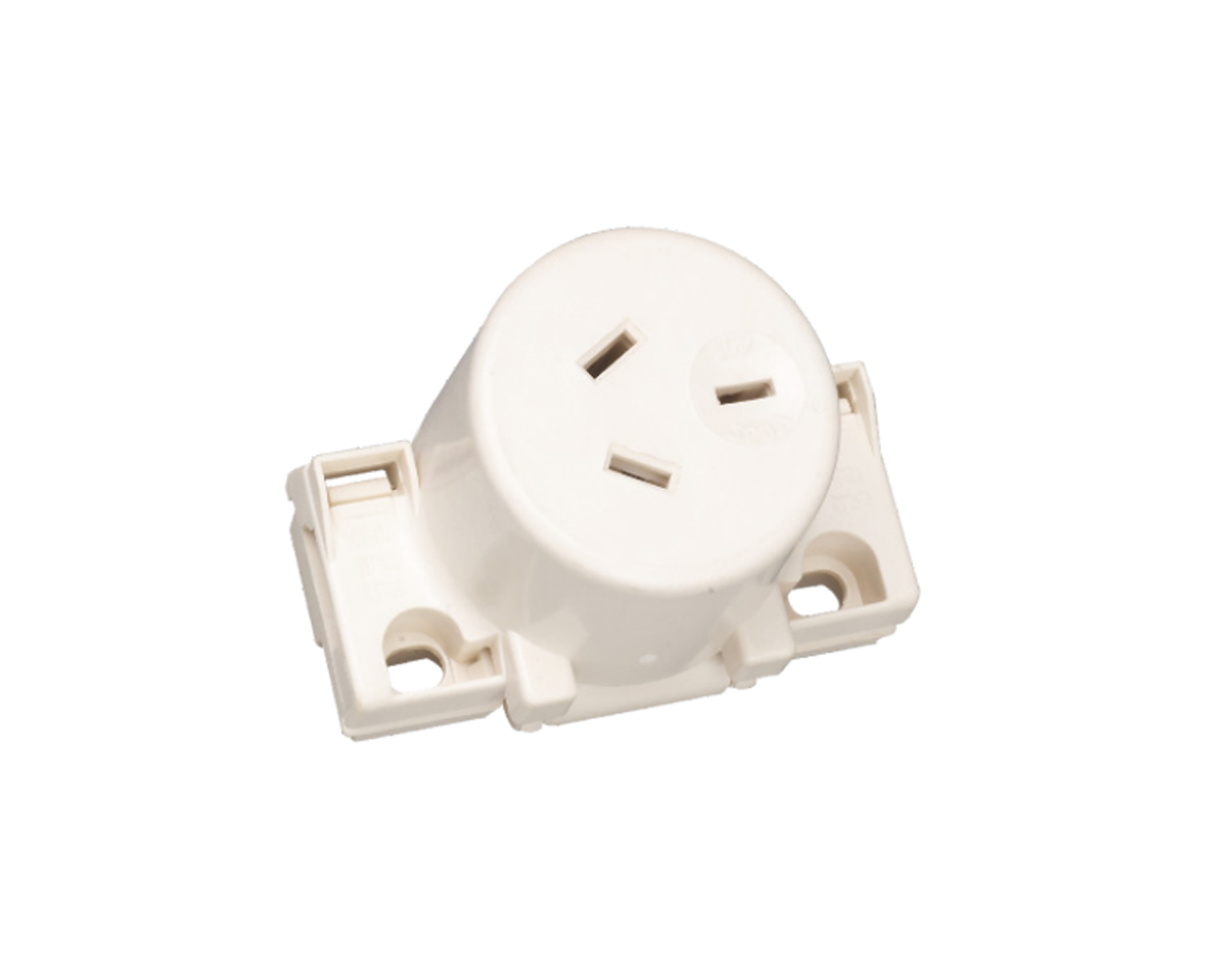Choosing the right power plug is crucial to ensure the proper use of electrical equipment. Here are some more in-depth, specific suggestions to help you make an informed choice.
First, it is crucial to understand the power requirements of your electrical equipment. Different devices have different voltage, current and frequency requirements. Before purchasing a power plug, be sure to consult the device's user manual or technical specifications provided by the manufacturer to ensure that the plug you choose matches the power parameters of the device. This helps avoid equipment damage or performance degradation due to mismatched power supplies.
Second, consider the size and shape of the plug. Power plugs are available in a variety of sizes, with the larger the size usually being able to handle more current. You need to choose the appropriate plug size based on the current requirements of your device. In addition, the shape of the plug is also important to ensure that the plug can perfectly match the interface of the device to avoid looseness or poor contact.
In addition, considering the use environment and safety factors, it is important to choose a suitable power plug. If you plan to use electrical equipment outdoors, then a plug that is waterproof and dustproof will be more suitable. At the same time, safety is a factor that cannot be ignored when choosing a power plug. Be sure to choose a plug that complies with national safety standards and pay attention to its insulation performance and fire resistance to ensure safety during use.
Compatibility is also a factor to consider when choosing a power plug. If you often use electrical equipment in different countries or regions, it will be more convenient to choose a plug with a universal conversion function. This kind of plug can adapt to the power socket standards of different countries and regions, so you don't need to change plugs frequently, saving time and energy.
To sum up, choosing the right power plug requires comprehensive consideration of equipment needs, plug size and shape, usage environment and safety factors, compatibility, brand and quality, etc. By understanding these factors, you can choose the right power plug for your electrical equipment to ensure its proper use and safety.
 Abroad:[email protected]
Domestic:[email protected]
Abroad:[email protected]
Domestic:[email protected]
 Abroad: +86-18157471290
Domestic: +86-18157471293
Abroad: +86-18157471290
Domestic: +86-18157471293
- Home
- Products
- Industrial connectors
- Waterproof housings
- Power distribution box sets
- ABS electrical accessories
- Cables
- Moulds
- Power Distribution Board/Box
- Extension Lead with Plug
- AS/NZS Waterproof Electrical Products
- C Series IEC/CEE Waterproof Electrical Products
- B Series IEC/CEE Waterproof Electrical Products
- Waterproof Window Cover
- Waterproof Plastic/Metal/Aluminum Box
- House Use Electrical Items
- About Us
- FAQ
- News
- Contact Us

